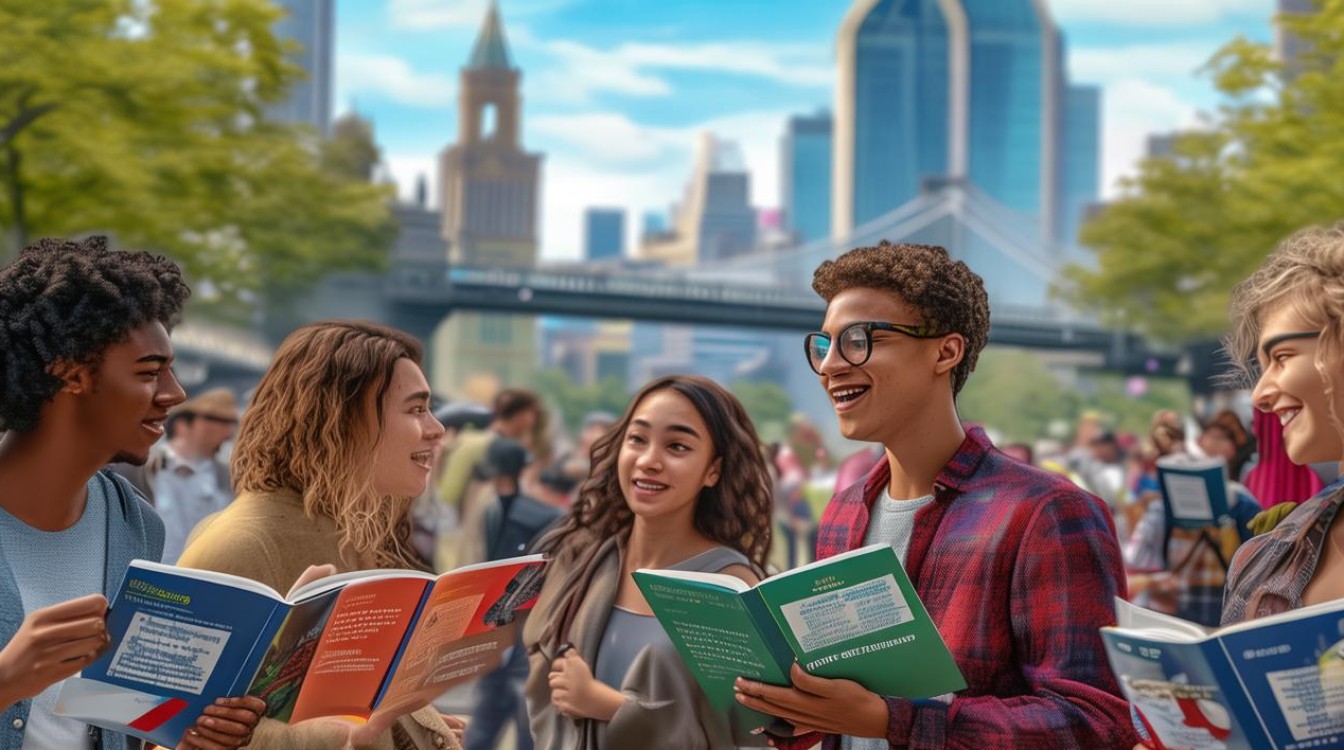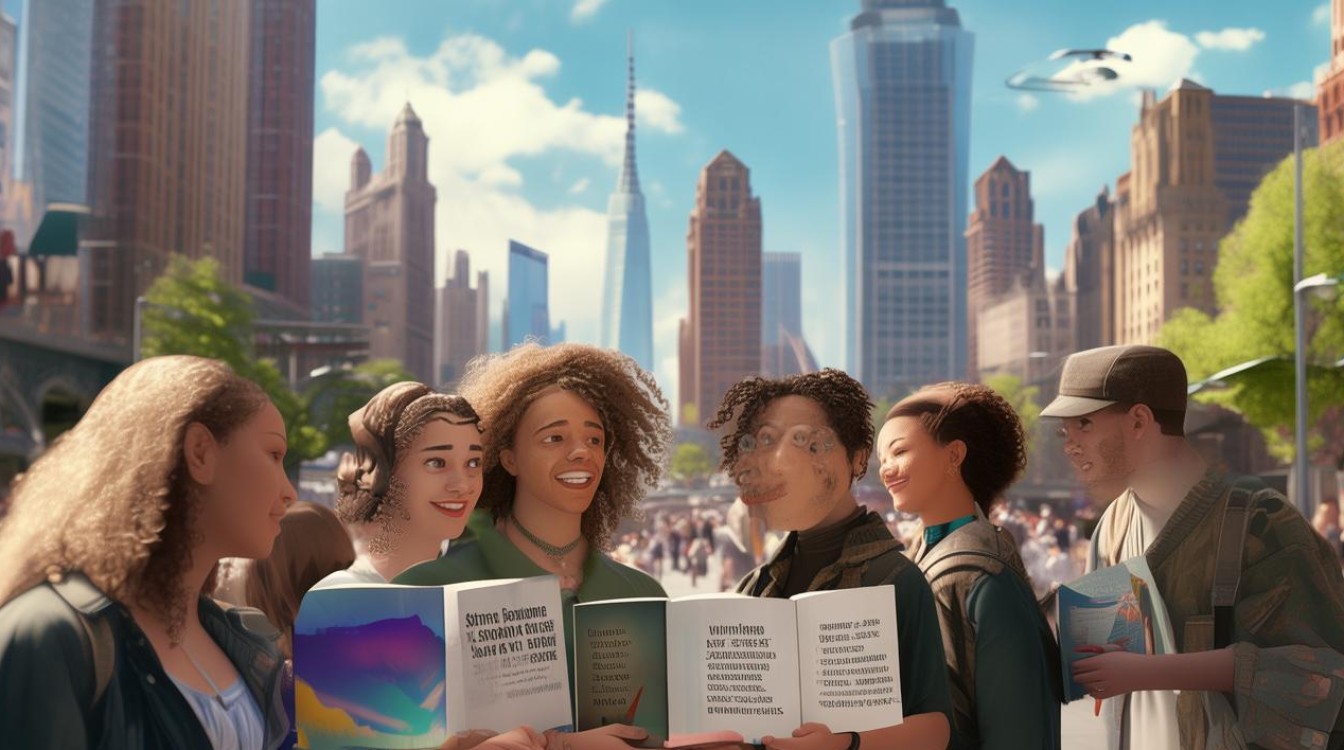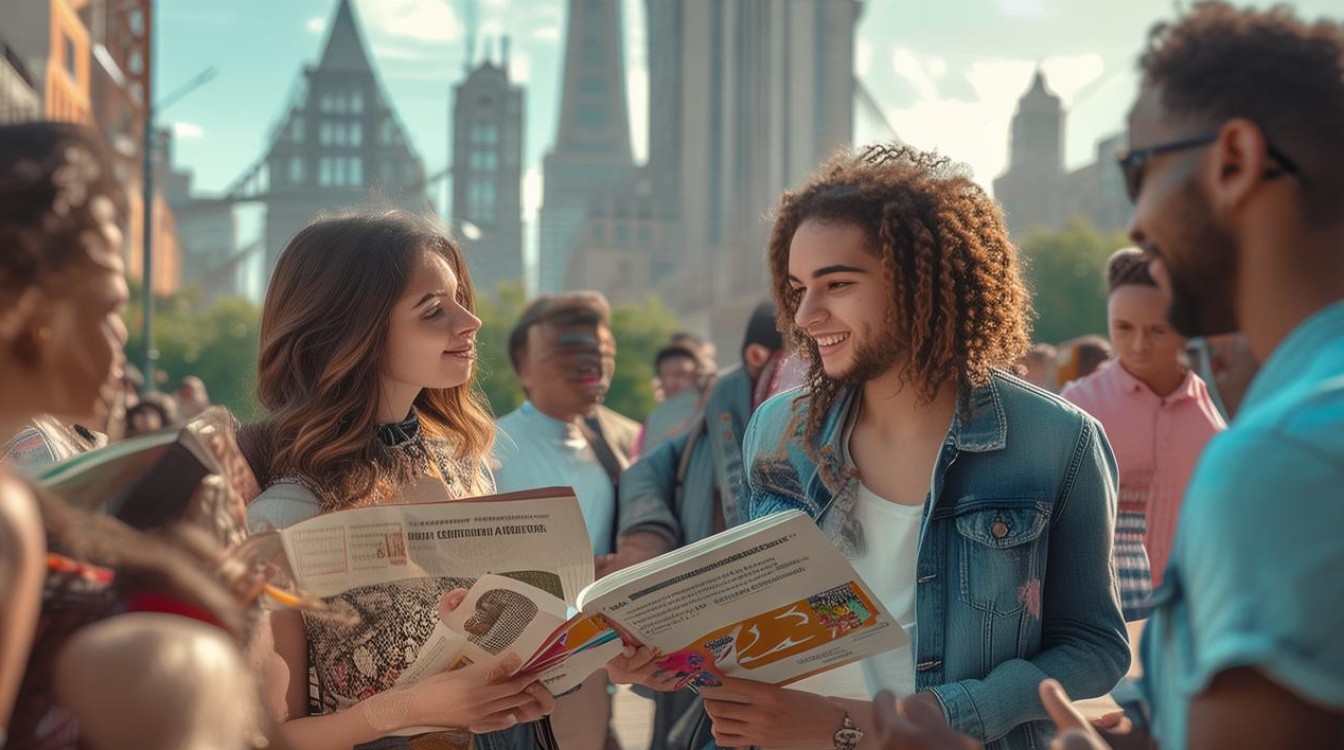Traveling to new cities is exciting, and being able to discuss them in English makes the experience even better. Whether you're chatting with locals, fellow travelers, or practicing language skills, mastering city-related English conversations is valuable. This guide covers essential phrases, cultural insights, and real-world examples—including the latest data on popular destinations—to help you communicate confidently.

Essential Phrases for City Conversations
Asking About Preferences
- "What’s your favorite city and why?"
- "Have you visited [city]? What did you think?"
- "If you could live anywhere, which city would you choose?"
Describing Cities
- "I love [city] because of its vibrant culture and friendly people."
- "The architecture in [city] is breathtaking, especially the historic districts."
- "[City] is known for its amazing food scene—have you tried [local dish]?"
Making Recommendations
- "You should definitely visit [landmark]—it’s a must-see!"
- "For the best views, head to [location] at sunset."
- "Avoid the tourist traps; locals prefer [hidden gem]."
Cultural Nuances in City Conversations
Different cities have unique cultural norms. For example:
- In Tokyo, politeness is key—phrases like "Sumimasen" (excuse me) are useful.
- In New York, directness is common; "What’s your favorite spot in the city?" works well.
- In Paris, starting with "Bonjour" before switching to English shows respect.
Latest Trends in Popular Cities (2024 Data)
To make conversations current, here’s updated data on trending destinations:

| City | Key Attraction (2024) | Visitor Growth (YoY) | Source |
|---|---|---|---|
| Tokyo | TeamLab Planets Digital Museum | +22% | Japan Tourism Agency |
| Barcelona | Sagrada Família (New Towers) | +18% | Statista |
| Dubai | Dubai Reefs (Eco-Tourism Project) | +35% | Dubai Tourism Board |
| Seoul | Han River Floating Islands | +15% | Korea Tourism Organization |
Data sourced from official tourism boards and Statista (June 2024).
How to Use This Data in Conversations:
- "Did you know Dubai’s new eco-project increased tourism by 35% this year?"
- "Seoul’s Han River islands are trending—have you been?"
Practicing with Role-Play Scenarios
Scenario 1: Sharing Travel Experiences
A: "I just got back from Barcelona! The Sagrada Família’s new towers are incredible."
B: "Really? I heard visitor numbers jumped 18% this year. Was it crowded?"

Scenario 2: Making Plans
A: "Let’s pick a city for our next trip. Tokyo or Seoul?"
B: "Tokyo’s digital museums sound futuristic, but Seoul’s Han River looks relaxing."
Avoiding Common Mistakes
- Overgeneralizing: Instead of "All cities in Italy are the same," try "How does Rome compare to Florence?"
- Ignoring Local Terms: Use "Metro" (Paris), "Subway" (NYC), or "Underground" (London) correctly.
- Forgetting Follow-Ups: Ask, "What did you enjoy most about [city]?" to keep the dialogue flowing.
Personal Perspective
Discussing cities in English isn’t just about vocabulary—it’s about connecting through shared experiences. Whether you’re debating the best skyline or swapping hidden-gem tips, these conversations bridge cultures. Next time someone mentions a city, ask: "What’s one memory there you’ll never forget?" The stories that follow are what make travel—and language—alive.












